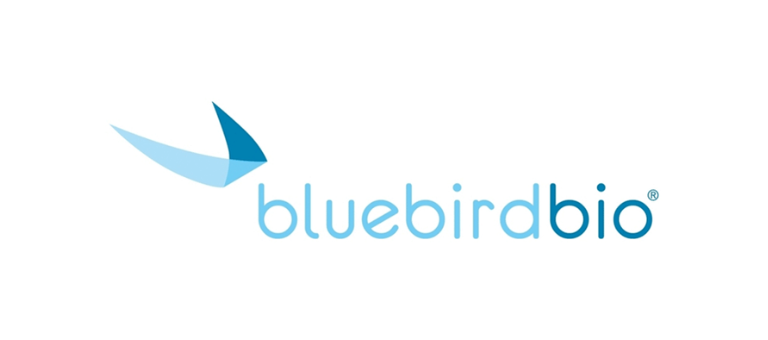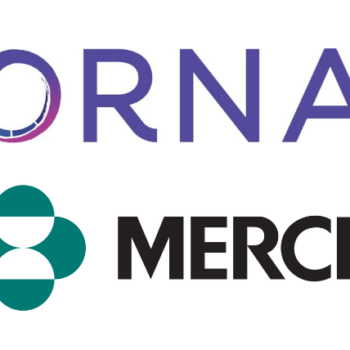
bluebird bio Wins FDA Approval of First Gene Therapy for Beta-Thalassemia
- Posted by ISPE Boston
- On August 18, 2022
Somerville biotech bluebird bio has received approval from the FDA for Zynteglo (betibeglogene autotemcel), also known as beti-cel, a one-time gene therapy custom-designed to treat the underlying genetic cause of beta‑thalassemia in adult and pediatric patients who require regular red blood cell (RBC) transfusions. Zynteglo was reviewed under Priority Review, and bluebird received a Priority Review voucher upon approval. Zynteglo was previously granted Orphan Drug designation and Breakthrough Therapy designation.
“After more than a decade of research and clinical development…the approval of Zynteglo marks a watershed moment for the field of gene therapy. As the first ex-vivo lentiviral vector gene therapy approved in the U.S. for the treatment of people with beta-thalassemia, we are ushering in a new era in which gene therapy has the potential to transform existing treatment paradigms for diseases that currently carry a lifelong burden of care,” said bluebird bio CEO Andrew Obenshain.
Beta-thalassemia is a rare, genetic blood disease caused by mutations in the beta-globin gene and characterized by significantly reduced or absent adult hemoglobin production. Patients with the most severe form experience severe anemia and lifelong dependence on regular red blood cell transfusions, a lengthy process that patients typically undergo every 2-5 weeks. The median age of death of patients with transfusion-dependent beta‑thalassemia in the U.S. who died during the last decade was just 37 years. bluebird estimates that there are approximately 1,300-1,500 individuals with transfusion-dependent beta-thalassemia in the U.S.
Zynteglo works by adding functional copies of a modified form of the beta-globin gene into a patient’s own hematopoietic (blood) stem cells to allow them to make normal to near normal levels of total hemoglobin without regular RBC transfusions. The functional beta-globin gene is added into a patient’s cells outside of the body (ex-vivo), and then infused into the patient. Though Zynteglo is designed to be administered to the patient once, the treatment process is comprised of several steps that may take place over the course of several months. (Source: bluebird bio Website, 17 August, 2022)



0 Comments